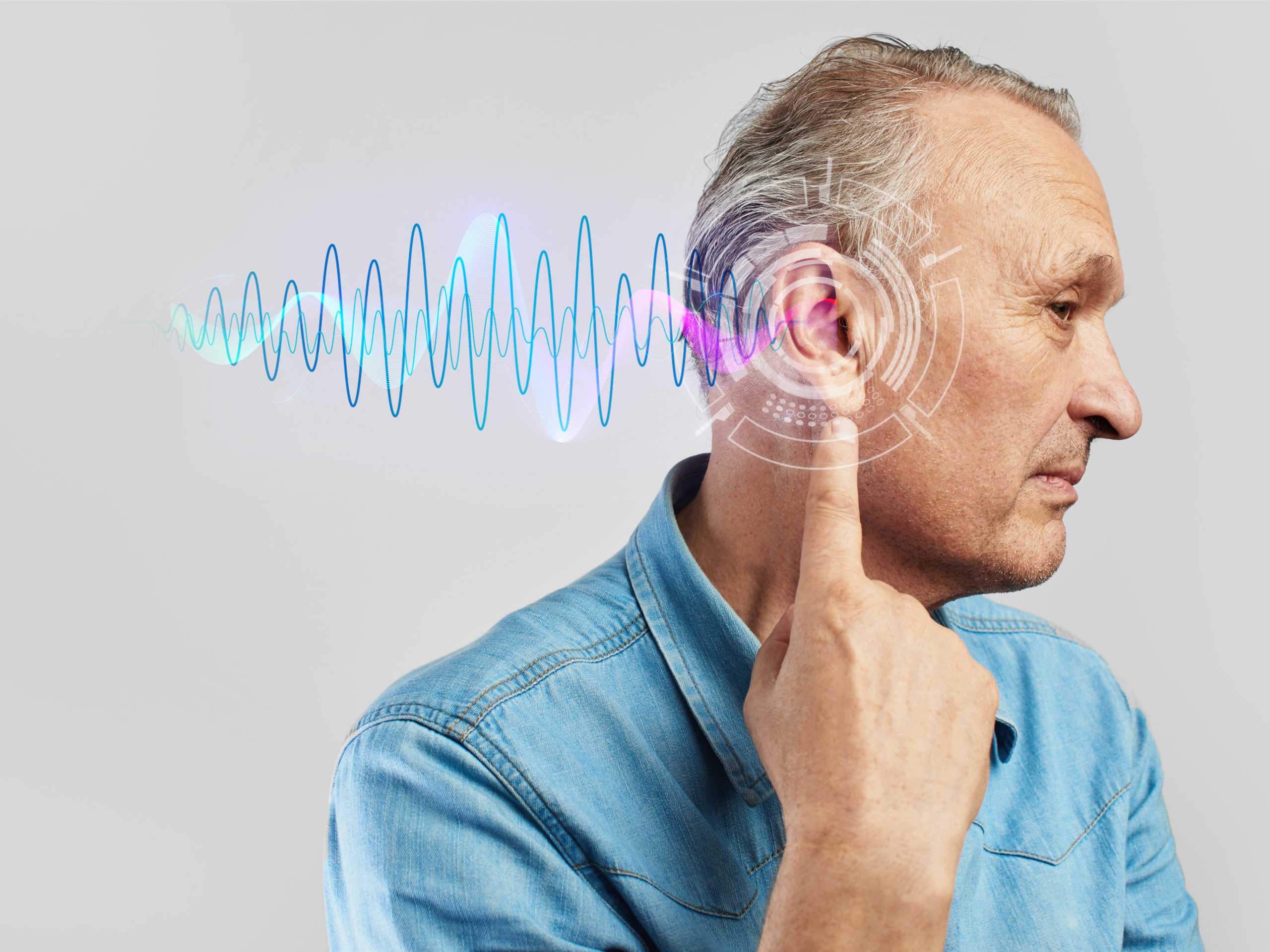

Tinnitus, or the ringing, buzzing, or hissing sound of silence, can be mildly irritating in some people and completely debilitating in others. Tinnitus affects up to 15% of individuals in the United States, with over 40% of those suffering from the illness on a long-term basis and actively seeking Tinnitus treatment.
A recent study from the University of Michigan’s Kresge Hearing Research Institute reveals that alleviation may be achievable.
Susan Shore, Ph.D., of Michigan Medicine’s Department of Otolaryngology and the University of Michigan’s Departments of Physiology and Biomedical Engineering, led research on how the brain processes bi-sensory information and how these processes can be harnessed for personalized stimulation to tinnitus treatment.
Her team’s findings were reported in JAMA Network Open.
The study, a double-blind, randomized clinical trial, enrolled 99 people with somatic tinnitus, a type of the disorder in which motions such as clenching the jaw or applying pressure to the forehead cause a perceptible shift in the pitch or loudness of experienced sounds. The somatic form is experienced by over 70% of tinnitus patients.
Candidates with painful, somatic tinnitus and normal-to-moderate hearing loss were qualified to enroll, according to Shore.
“After enrollment, participants received a portable device developed and manufactured by in2being, LLC, for in-home use,” she said. “The devices were programmed to present each participant’s personal tinnitus spectrum, which was combined with electrical stimulation to form a bi-sensory stimulus, while maintaining participant and study team blinding.”
Participants in the study were randomly allocated to one of two groups. The first group underwent bi-sensory (active) treatment initially, followed by sound-only (control) treatment.
Participants were instructed to use their gadgets for 30 minutes per day for the first six weeks. The following six weeks provided a break from daily use, followed by six weeks of the medication not received at the start of the trial.
Each week, participants completed the Tinnitus Functional Index, or TFI, and Tinnitus Handicap Inventory, or THI, which are questionnaires that assess the impact of tinnitus on people’s life. During this period, participants’ tinnitus loudness was also examined.
The researchers discovered that after receiving the bi-sensory treatment, subjects consistently reported enhanced quality of life, reduced handicap scores, and significant reductions in tinnitus loudness. These benefits, however, were not observed when merely auditory stimulation was used.
Furthermore, after six weeks of active therapy, but not control treatment, more than 60% of individuals reported considerably reduced tinnitus symptoms. This is similar with an earlier study by Shore’s group, which found that the longer patients got active therapy, the more their tinnitus symptoms improved.
This study paves the way for the use of personalized, bi-sensory stimulation as an effective tinnitus treatment, providing hope for millions of tinnitus sufferers,” said Shore.
more recommended stories
 Pediatric Crohn’s Disease Microbial Signature Identified
Pediatric Crohn’s Disease Microbial Signature IdentifiedKey Points at a Glance NYU.
 Nanovaccine Design Boosts Immune Attack on HPV Tumors
Nanovaccine Design Boosts Immune Attack on HPV TumorsKey Highlights Reconfiguring peptide orientation significantly.
 High-Fat Diets Cause Damage to Metabolic Health
High-Fat Diets Cause Damage to Metabolic HealthKey Points Takeaways High-fat and ketogenic.
 Acute Ischemic Stroke: New Evidence for Neuroprotection
Acute Ischemic Stroke: New Evidence for NeuroprotectionKey Highlights A Phase III clinical.
 Statins Rarely Cause Side Effects, Large Trials Show
Statins Rarely Cause Side Effects, Large Trials ShowKey Points at a Glance Large.
 Anxiety Reduction and Emotional Support on Social Media
Anxiety Reduction and Emotional Support on Social MediaKey Summary Anxiety commonly begins in.
 Liquid Biopsy Measures Epigenetic Instability in Cancer
Liquid Biopsy Measures Epigenetic Instability in CancerKey Takeaways Johns Hopkins researchers developed.
 Human Antibody Drug Response Prediction Gets an Upgrade
Human Antibody Drug Response Prediction Gets an UpgradeKey Takeaways A new humanized antibody.
 Pancreatic Cancer Research: Triple-Drug Therapy Success
Pancreatic Cancer Research: Triple-Drug Therapy SuccessKey Summary Spanish researchers report complete.
 Immune Cell Epigenome Links Genetics and Life Experience
Immune Cell Epigenome Links Genetics and Life ExperienceKey Takeaway Summary Immune cell responses.

Leave a Comment